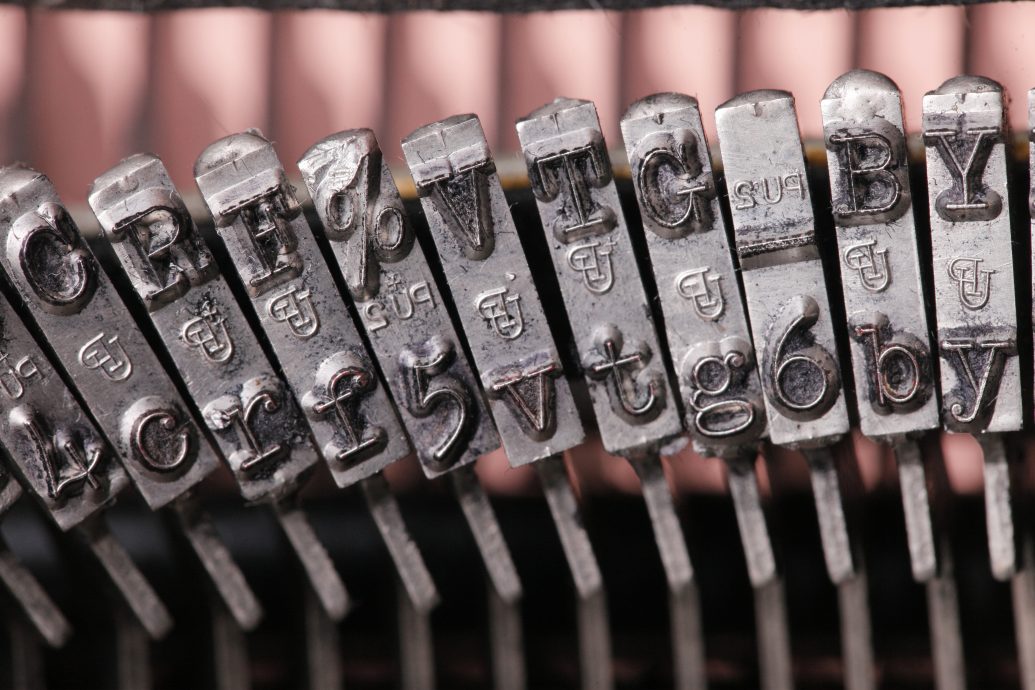New York Times v. Sullivan has not been the pure boon to democracy and the Constitution that its defenders claim.
Is Pulp Fiction Now More Accurate Than Journalism?
In the new thriller by veteran author Nelson DeMille, there’s a part where the protagonist, a sport fisherman out of Key West, reflects on Cubans who try to escape their island prison by sailing the straits of Florida, which are well-patrolled:
The Coast Guard and the Drug Enforcement Agency are on constant alert for drug smugglers, human smugglers, and desperate refugees from Cuba trying to make the short but dangerous sail to freedom. If you live in the Keys, you know that thousands of Cubans set out each year in homemade boats and unseaworthy rafts—the balseros, they were called. The rafters. They prayed for calm seas, favorable winds, and no sharks, and put themselves into the hands of God. Of the thousands who attempted the crossing each year, I don’t know how many made it, how many drowned, or what happened to those who were caught by Cuban patrol boats—but I did know that under the current refugee policy, if the Coast Guard picked them up at sea they were considered wet foot and returned to Cuba. But if they made it to land in the U.S. they were “Dry Foot,” and allowed to stay. Which seemed to me to be a cruel and arbitrary process, an affirmation that life is randomly unfair. I and most of my fellow charter boat fishermen agreed that if we ever picked up a balsero at sea, we’d take them ashore.
This elegant passage is from a work of “pulp fiction”; but like the rest of The Cuban Affair, it offers clear-eyed reportage on the evils of the Cuban communist regime. Placed beside media outlets that concoct stories to fit a political agenda, including fictitious campus rapes (Rolling Stone magazine) and an outrageously lurid and obviously fake dossier on then-candidate Donald Trump and the tall tales of NBC’s Brian Williams, the verisimilitude of DeMille’s writing suggests a question: Is popular pulp fiction now more reliable than journalism?
It would be hard to find modern reporting that is as informative and poetic as DeMille’s novel. The Cuban Affair centers around Daniel “Mac” MacCormick, an Afghanistan veteran who gives boat tours in the Florida Keys. Mac is approached by three Cubans and Cuban Americans, Carlos Macia, Eduardo Valazquez, and Sara Ortega, who offer him $2 million to help them recover documents and cash hidden in a cave back in 1959 during the Cuban Revolution. The plan: send Mac and Sara into Cuba as part of an educational tour supposedly being conducted by Yale University, then have the two drift away from the tour, recover the money and documents, and meet Mac’s fishing boat The Maine, which will be participating in a fishing tournament.
It’s a straightforward but effective plot, made the more engaging by DeMille’s Hemingway-influenced prose style (the author of The Old Man and the Sea is mentioned several times in the novel). As effective as the action, however, are what some critics of The Cuban Affair have dismissed as digressions. Some of these are about the nature of fishing in Florida, others involve Mac’s psychological and physical distance from his father, who lives in Maine, and others are details about the U.S. military and the effects of war on the warriors. DeMille, 74, speaks from experience, having joined the Army in the 1960s and having led an infantry platoon in Vietnam. The author was decorated with the Air Medal, Bronze Star, and the Vietnamese Cross of Gallantry, and was awarded the Combat Infantryman Badge. “You think like a military man,” one of the characters tells Mac. It’s a compliment. When Mac hears the money in Cuba is in a cave, he just smiles: “Half my time in Kandahar was spent looking through caves,” he says.
In another era, a writer of DeMille’s passion and experience would have wound up writing for the mainstream media, a place like Time magazine or the New York Times. Yet following Watergate and Vietnam, the job of journalist took on a glamour and a politically crusading tone it never had before, attracting more and more the upper middle class bien pensant liberals who were writing the antiwar books (such as Frances Fitzgerald and David Halberstam) and their legions of epigones. Today we have people like Oxford Rhodes Scholar Rachel Maddow, the MSNBC host who never seems to have held a regular job. Or Ezra Klein, who graduated from wonky blogs to the Washington Post to his own well-funded website, Vox.com. Young reporters at the New York Times and Washington Post are coming out of the best universities and graduate programs, not by and large from the armed forces or the streets.
The response to media elitism from conservatives, unfortunately, has too often been to put forward loud, undeveloped air horns like Milo Yiannopoulos or Tomi Lahren, shouters who have no reporting experience. Punditry’s eclipsing of the hard sweat of reporting was evident when the Trump-boosting Breitbart website tried to shame the Washington Post by reporting that reporters at the Post had actually encouraged a victim of sexual abuse to share what happened to her. Where was the story there, guys? The Post reporters should be lauded for doing their jobs. They were right, too, to be skeptical of gonzo videographer James O’Keefe’s ham-handed attempt to defend Alabama senatorial candidate Roy Moore by tricking the Post into publicizing a false accusation of sexual impropriety against him.
The degradation of the craft of journalism in favor of (usually liberal) punditry is why novels like The Cuban Affair come across as a more solid source of information than what’s online, in the newspapers, or on television. DeMille has lived a real life. He’s been shot at and knows history. When his character Sara Ortega reveals to Mac how her grandfather, a banker, had most of his assets confiscated by Castro before hiding what was left—an amount now worth $60 million— her anger over the violation of her family by a totalitarian state is the kind of thing you won’t see dramatized in Hollywood or read about in USA Today. “That is hell over there,” Eduardo says to Mac as they gaze southward. “Everyone in Cuba works for the government and makes the same, $20 a month—slave wages. That is communism.”
DeMille’s is the third novel I’ve read this year that offers a picture of the world that gets closer to the truth than the political obsessions of the Morning Joe schoolmarms. Last June, Brad Thor published Use of Force, the latest in his series of Scot Harvath books. Thor’s protagonist Harvath is a former Navy SEAL. In Use of Force, a terrorism suspect with information about potential attacks on the United States washes ashore in the Mediterranean. As Thor told me in an interview:
The idea for Use of Force came from a raid that was done on a terrorist safe house several years ago. A laptop was found there, and when they drilled down into the laptop, they found all of these attack scenarios. The person had already fled. So the intelligence communities went looking for this person for years. I thought, wouldn’t it be interesting if he suddenly popped up again?
Thor, a political conservative, does extensive research to write his novels, which once entailed going to Afghanistan with a black ops team. He draws his greatest strength, he says, from “people who are in the intelligence community and the special operations community and law enforcement community—active and retired.” From a current Navy SEAL “or a guy who’s been out of Delta for six months . . . you’re going to get some great operational experience there, a great read on what the events are.” He counts himself “very fortunate to have the network that I do.” It’s why his books are so realistic and compelling.
Then there’s Web of the City by Harlan Ellison, the award-winning science fiction and fantasy author whose credits include A Boy and His Dog and the teleplay for the original Star Trek episode, “The City on the Edge of Forever.” Web of the City, originally published in 1958 and reissued in 2013 by Hard Case Crime, was his first novel.
Ellison, like Hemingway, Jack Kerouac, and Norman Mailer, had street knowledge and had been in the military before becoming a writer. His adventures included joining a gang in Brooklyn in the 1950s and writing investigative pieces on drug addicts and civil rights workers. Ellison pounded out his first novel after hours in the barracks bathroom when he was undergoing Army Ranger training at Fort Benning, Georgia. Web of the City is pure pulp—melodramatic, exploitative, sexy, and violent as it follows gang member Rusty Santos as he tries to leave the Cougars, who don’t intend to allow him to escape. Like most first novels, Web of the City is flawed. Yet it also has a beating heart. It’s obvious that Ellison lived this life, and that he is conveying to us the truth he saw, a truth that still captivates almost 60 years later. It’s hard to imagine Ezra Klein getting his hands this dirty.


